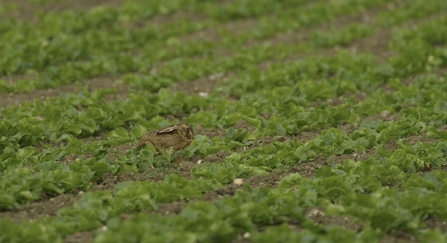To deal with the increasing hot summers and very wet winters, farmers will have to change how they farm and what they farm. Nature-based solutions will be vital and they can feed us. But the whole food system creates over 30% of UK emissions and is the biggest cause of nature decline. Transitions are hard, especially when farmgate prices and deals are not supportive and well-designed public support is slow in arriving. Farmers are taking to tractors in protest.
Professor Tim Benton, Chatham House Director, describes how Net Zero and environmental policies, became a major just transition flashpoint in Europe, intertwining political interests, ideologies, and food supply. “The farmer protests are a prime example of where sustainability risks being derailed because insufficient thought has been given to the need for a ‘just transition’ – one that brings people most affected by the transition on the journey by preserving their livelihoods.” These protests caused rapid set of U-turns on good new environmental policies, such as on pesticides even though many of their concerns were around poor trade deals and unfair supply chains. But greening was the casualty.
Combined with enormous barriers, complexity, non-joined up government, and resistance to change, a just transition in food is never going to be easy. It somehow seems simpler in the energy sector* where transition is measurable and the pathways well defined via renewables, decarbonising industry and retrofitting. It clearly creates new jobs. But it is irritating that reports and articles on a ‘just transition’ often focussing on energy, ignoring food.
Yet farming and the whole food system has always looked like a far trickier proposition. The natural systems underpinning production, such as soils, are wickedly complex. There is also a huge, intricate, untransparent, global supply chain, and a huge level of processing and value adding beyond the farmgate.
How do you decide who handles what and so which part to change and where resources are needed? The major dietary shifts that evidence shows are vital, have been promoted without adequately considering what that really means for workers, for farmers and the opportunity costs of changes. Farmers are already under such pressure to deliver at low cost and to exacting specifications. It is no wonder they may find deeper changes hard to envisage.


